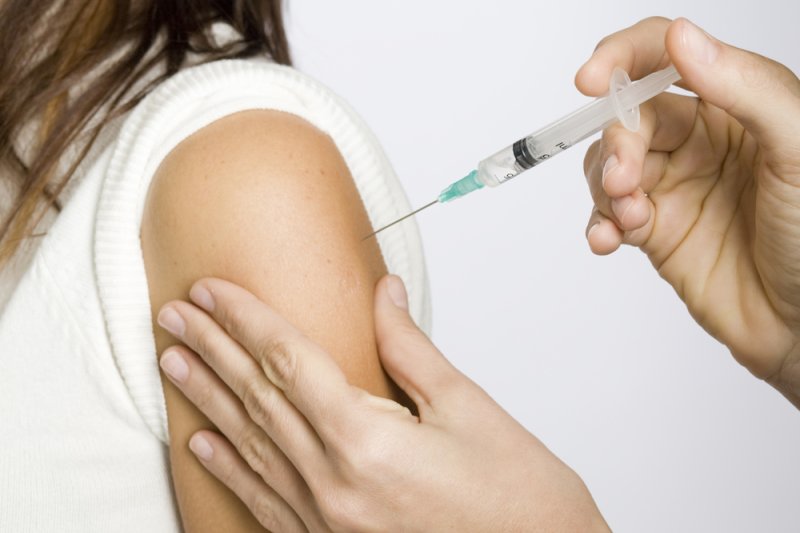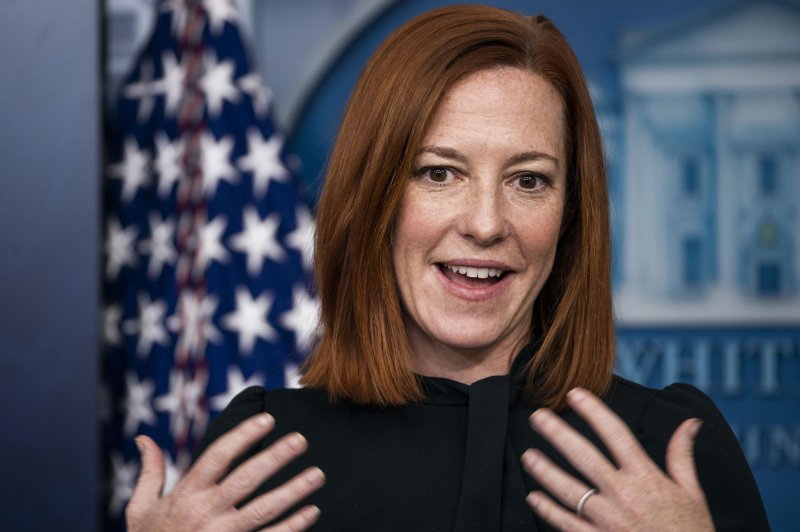
© Provided by Financial Post Michigan’s governor ordered Enbridge to shut down the 540,000-barrels-per-day Line 5 pipeline by May, which would affect gasoline prices and jet fuel availability in Ontario.
CALGARY – Canada’s largest oil companies plan to use the St. Lawrence Seaway to ship crude oil into Ontario as a contingency plan in case Michigan Governor Gretchen Whitmer is successful in shutting down the Line 5 pipeline that supplies the province’s fuel
In November, Whitmer ordered Calgary-based pipeline giant Enbridge Inc. to shut down the 540,000-barrels-per-day Line 5 pipeline by May, which would affect gasoline prices and jet fuel availability in Canada’s most populous province by cutting off oil to refineries in Sarnia, Ont.
Enbridge has said it would defy the order, which it is fighting in U.S. federal court, but oil companies with refineries in Ontario and Quebec have been scrambling to make contingency plans. Line 5 is the main conduit to move oil and products like propane from Alberta to refineries in Ontario, Ohio, Michigan and Pennsylvania.
On Thursday, Suncor Energy Inc.’s CEO Mark Little revealed that the company has purchased the stake it didn’t previously own in the Portland-Montreal pipeline and plans to import oil from Maine to Quebec and Ontario through the pipeline if Line 5 is shut down.
“We have this Portland-Montreal pipeline, which we now own exclusively, that allows us to bring water-borne crude into Montreal,” Little said on an earnings call, adding that he believes Suncor is “much stronger positioned” than competing refinery operators in Central Canada.
Suncor operates a 137,000-bpd refinery in Montreal and an 85,000-bpd refinery in Sarnia, which the company believes it can fill with oil delivered via the 223,000-bpd Portland-Montreal pi
CALGARY – Canada’s largest oil companies plan to use the St. Lawrence Seaway to ship crude oil into Ontario as a contingency plan in case Michigan Governor Gretchen Whitmer is successful in shutting down the Line 5 pipeline that supplies the province’s fuel
In November, Whitmer ordered Calgary-based pipeline giant Enbridge Inc. to shut down the 540,000-barrels-per-day Line 5 pipeline by May, which would affect gasoline prices and jet fuel availability in Canada’s most populous province by cutting off oil to refineries in Sarnia, Ont.
Enbridge has said it would defy the order, which it is fighting in U.S. federal court, but oil companies with refineries in Ontario and Quebec have been scrambling to make contingency plans. Line 5 is the main conduit to move oil and products like propane from Alberta to refineries in Ontario, Ohio, Michigan and Pennsylvania.
On Thursday, Suncor Energy Inc.’s CEO Mark Little revealed that the company has purchased the stake it didn’t previously own in the Portland-Montreal pipeline and plans to import oil from Maine to Quebec and Ontario through the pipeline if Line 5 is shut down.
“We have this Portland-Montreal pipeline, which we now own exclusively, that allows us to bring water-borne crude into Montreal,” Little said on an earnings call, adding that he believes Suncor is “much stronger positioned” than competing refinery operators in Central Canada.
Suncor operates a 137,000-bpd refinery in Montreal and an 85,000-bpd refinery in Sarnia, which the company believes it can fill with oil delivered via the 223,000-bpd Portland-Montreal pi
peline, which carries oil from Portland, Maine into Quebec, but hasn’t been fully utilized for years.

Suncor did not respond to a request for comment on how it would ship oil from Montreal to Sarnia to ensure its refinery in southern Ontario was fully supplied if Line 5 were to shut down.
Other oil companies are also making contingency plans that include ships through the St. Lawrence Seaway and railway cars to bring oil into Ontario.
Line 5, which brings oil and products such as propane from Alberta to southern Ontario and the U.S. Midwest,” is a “critical piece of infrastructure” for Imperial Oil Ltd., the company’s president and CEO Brad Corson said on a Tuesday earnings call.
Imperial operates a 120,000-bpd refinery and petrochemical complex in Sarnia and a 113,000-bpd refinery in Nanticoke that rely on Line 5 for feedstock.
“We are developing appropriate contingency plans that would allow us to supply our refineries in Ontario, that being Sarnia and Nanticoke, with alternate sources of crude both through the Seaway, as well as through other pipelines and rail alternatives that are available,” Corson said.
Corson said he believes there’s a low chance Line 5 is shut down in May but noted, “We’re watching that very carefully.”
Shell Canada Ltd., which operates an 85,000-bpd refinery near Sarnia, did not respond to a request for comment
.

© Tim Ruhnke/The Recorder and Times A ship on the St. Lawrence Seaway.
Calgary-based oil companies are particularly concerned about having well-supplied refineries in the region as demand for fuel is recovering and the so-called “summer driving season” is generally a period that buoy refinery earnings.
Suncor said Thursday the company’s refineries processed 438,000-bpd in the fourth quarter, meaning they were roughly 95 per cent utilized, up from 87 per cent utilization in the third quarter when demand for fuel was hampered by the pandemic.
Little said the company’s Canadian refineries, however, were 100 per cent utilized in the fourth quarter. Suncor also operates a refinery in Colorado but did not indicate how busy that refinery was in the fourth quarter.
Scotiabank analyst Jason Bouvier said he expected Suncor’s refineries to operate at 92 per cent of capacity this year.
Suncor produced 769,200 barrels of oil equivalent per day in the fourth quarter, down roughly 1 per cent from 778,200 barrels of oil equivalent per day a year earlier. The company also reported a $168-million net loss in the fourth quarter of 2020, which is smaller than the $2.3-billion net loss it posted in the same quarter a year earlier.
Calgary-based oil companies are particularly concerned about having well-supplied refineries in the region as demand for fuel is recovering and the so-called “summer driving season” is generally a period that buoy refinery earnings.
Suncor said Thursday the company’s refineries processed 438,000-bpd in the fourth quarter, meaning they were roughly 95 per cent utilized, up from 87 per cent utilization in the third quarter when demand for fuel was hampered by the pandemic.
Little said the company’s Canadian refineries, however, were 100 per cent utilized in the fourth quarter. Suncor also operates a refinery in Colorado but did not indicate how busy that refinery was in the fourth quarter.
Scotiabank analyst Jason Bouvier said he expected Suncor’s refineries to operate at 92 per cent of capacity this year.
Suncor produced 769,200 barrels of oil equivalent per day in the fourth quarter, down roughly 1 per cent from 778,200 barrels of oil equivalent per day a year earlier. The company also reported a $168-million net loss in the fourth quarter of 2020, which is smaller than the $2.3-billion net loss it posted in the same quarter a year earlier.
The loss included a $142-million charge stemming from the cancellation of TC Energy Corp.’s Keystone XL pipeline project, which Suncor had planned to use to send crude from Alberta to the U.S. Gulf Coast.
The company also announced plans to pay down between $1 billion and $1.5 billion in debt this year and buy back up to $1 billion of its own shares. But the company did not hike its dividend, which was cut when oil prices plunged at the beginning of the COVID-19 pandemic last year.
Suncor shares dipped on the day, closing 1.2 per cent lower to $21.97 on the Toronto Stock Exchange.
“This was a solid finish to an otherwise choppy year for Suncor,” Raymond James analyst Chris Cox wrote in a research note Thursday, adding that “it will be a wait-and-see story on the dividend increase.”
Cox upped his price target on the company from $32 to $33 per share.
Financial Post
Sarnia fears thousands of job losses if Michigan blocks Enbridge’s Line 5 pipeline
Enbridge sets high bar to build pipelines as big projects get riskier
New legal challenge to Enbridge pipeline in Michigan threatens higher gas prices in Ontario
‘It’s going to be felt at the pump’: Ontario could see gas price hikes if Enbridge’s Line 5 stays shut
Enbridge sets high bar to build pipelines as big projects get riskier
New legal challenge to Enbridge pipeline in Michigan threatens higher gas prices in Ontario
‘It’s going to be felt at the pump’: Ontario could see gas price hikes if Enbridge’s Line 5 stays shut
















